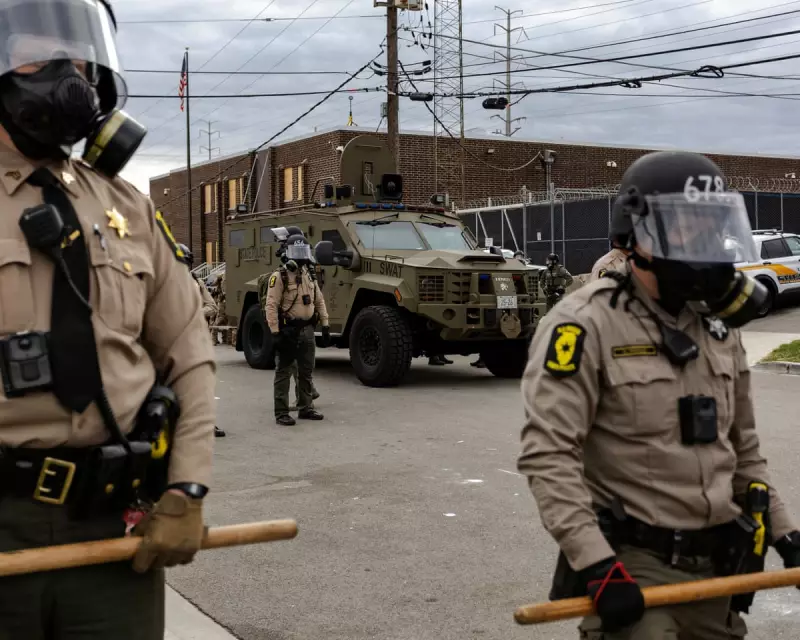
A federal judge has delivered a scathing ruling against a Chicago-area immigration detention facility, ordering immediate action to address what the court described as "dangerous and unconstitutional" conditions facing detainees.
Court Mandates Swift Action
In a landmark decision that could have nationwide implications for immigration detention standards, US District Judge Jorge Alonso has given federal authorities until December 6th to submit a comprehensive plan addressing severe overcrowding and medical care deficiencies at the McHenry County Adult Correctional Facility.
The ruling comes after disturbing evidence revealed that approximately 180 immigration detainees were being held in conditions designed for just 76 people, creating what the judge called "an unacceptable risk to health and safety."
Systemic Failures Exposed
Court documents detailed multiple systemic failures at the facility, including:
- Critical shortages of medical and mental health staff
- Extended delays in accessing essential healthcare services
- Insufficient outdoor recreation time for detainees
- Inadequate facilities for the current population
"The evidence demonstrates that the conditions... pose a substantial risk of serious harm to detainees," Judge Alonso stated in his 25-page ruling, highlighting particular concerns about the facility's ability to provide timely medical attention.
Broader Implications for Immigration Detention
This case forms part of an ongoing class-action lawsuit that challenges detention conditions across several states. The Chicago facility's situation mirrors problems seen nationwide, where immigration detention centres frequently operate beyond their intended capacity.
Advocacy groups have welcomed the ruling, seeing it as a crucial step toward establishing better standards across the US immigration detention network. However, they caution that meaningful change will require sustained judicial oversight and political will.
The Department of Homeland Security now faces mounting pressure to not only address the specific issues in Chicago but to conduct a broader review of detention standards nationwide.





